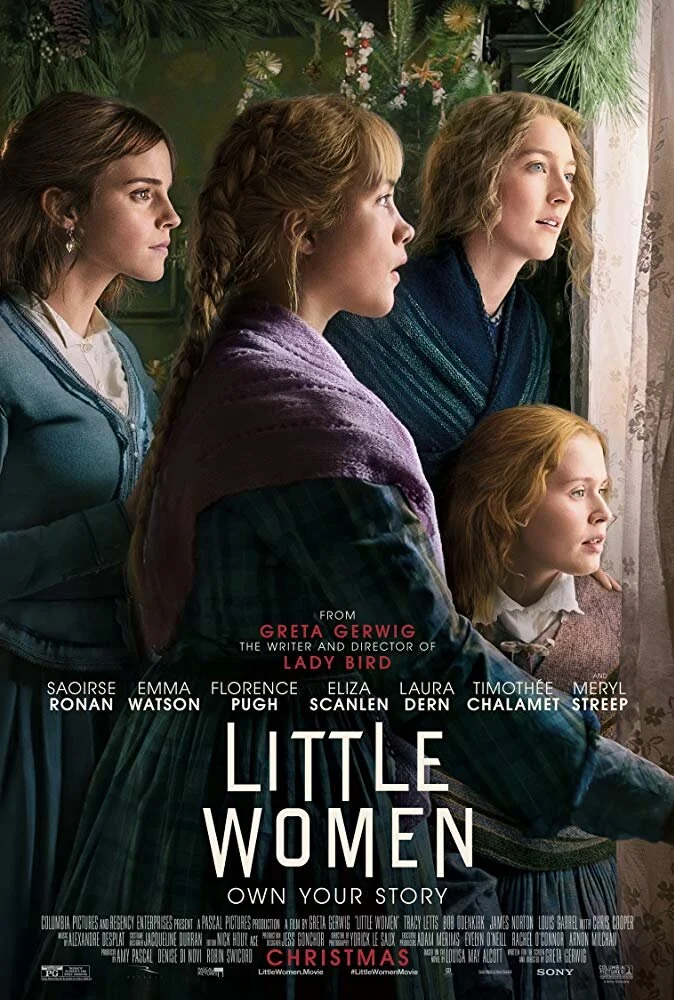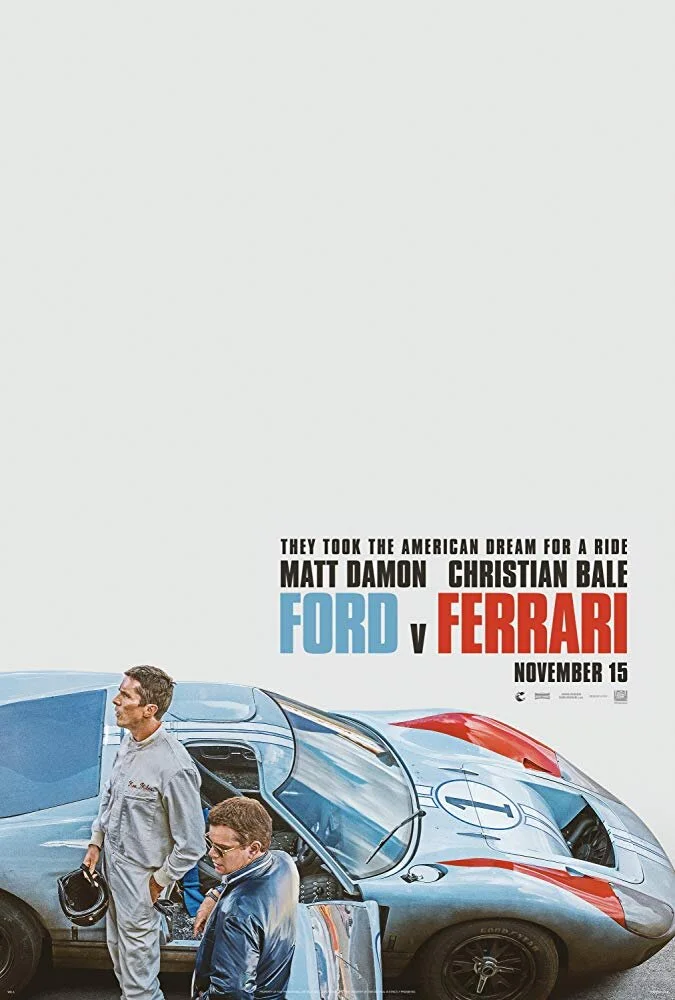'Little Women' is a mess
I must admit I'm probably not the target audience for this type of film, but I do notice when a movie is all over the place. Jumping between various periods, "Little Women" is a dismembered film desperately vying for the audience's attention with its relevant message. A woman can't make it in the world unless she marries a rich man who can provide her a comfortable living. Greta Gerwig is desperate to man shame every chance she gets by having Saoirse Ronan tell us the apparent theme of the film again, and again, and again. Because instead of trusting her audience, she must make the theme of "Little Women" crystal clear. Like a sledgehammer to the head repeatedly clear. Unfortunately, Gerwig bludgeons her message with a hypocritical ending.
Next to a conservative, I'm the second-best target for everyone who adores this film to be called a part of the problem. I'm a liberal who doesn't drool all over a movie because it wasn't made by a white man that has an anti-Trump era message. If your film has an anti-establishment message with Jo March (Saoirse Ronan) refusing to marry, then don't have her (spoiler from a 151-year-old book) marry in the end. You can't have your cake and eat it at the same time. Be bold, take a leap of faith, and detract from the source material if it doesn't coincide with your point. As something that was released back in 1868, I think to draw away from Louisa May Alcott's book could have been more beneficial than it is harmful to Gerwig's adaptation of the classic novel. If your film is about individualism, then display that in your story with pride.
Movies break from their source material for good reasons. Imagine if "The Lord of The Rings: The Return of The King" had another hour of hobbits getting massacred while trying to reclaim their land after the evil ring has been destroyed. A bit of an exhausting downer, isn't it? Now imagine a film where Jo doesn't marry, holding true to her ideals. That sounds like something a bit closer to what Louisa May Alcott was saying in the first place but couldn't during her time. Sometimes to respect a writer, you must bring your voice into it. The idea of the filmmaker is to be objective from the material. That's why so much content is changed. Not out of commercialism but rather a creative discussion. I'm not familiar with the original novel, so perhaps everything I'm writing here is wrong. Even so, the movie goes against its very value as a narrative film. Not only is "Little Woman" thematically lost, but it is also structurally a wreck.
Jumping between multiple periods, we follow the tale of the March girls. Jo, Meg (Emma Watson) Amy (Florence Pugh), and Beth (Eliza Scanlen) are working-class girls who strangely live in a spacious house. We know the rest of the story. As the film documents the young women's stories, it becomes increasingly difficult to follow. I didn't know which year was which, who was marrying who and overall what was going on. It wasn't until after the film that a friend informed me on my podcast that the movie wasn't told in chronological order. That made sense in hindsight, as I was incredibly lost upon my viewing of the picture. Unbeknownst to my beer drinking self, "Little Women" has been adapted multiple times on screen and the stage. With that familiar mindset, I suppose Director Greta Gerwig decided to take a familiar story in a more unfamiliar direction to differentiate itself. The result for the initiated is a dazzling adaptation of a beloved book. For the uninitiated, this was a sloppy, confusing, emotionally hollow, and thematically perplexing picture.
I'm thoroughly disappointed with "Little Women," considering how much I admired "Lady Bird." The subject of singularity was far more poignant in Gerwig's previous work. "Lady Bird" replicated the speed in which life hits you, which I believe Ms. Gerwig tried to repeat in her follow up, yet it felt like an architectural pinball machine. Every March girl is drooling over Timothée Chalamet's sexy boy character who, in turn, is pimping himself to all the women in the cast. The girls go off to marry some other person that I didn't even remember existed and sells its idealisms off to Tracy Letts's character faster than "The Rise of Skywalker" retconned "The Last Jedi." The end of "Little Women" moves so quickly I felt like I was watching the grip's run at breakneck speed to meet up with the shoot's increasingly grueling schedule.
If you're going to nominate a female-driven film for Best Picture or argue that Greta Gerwig was snubbed for an Oscar because of her gender, then I urge you to examine some far superior films that were led/directed by women which were overlooked. Lulu Wang's masterful "The Farewell" and Jennifer Kent's nail-biting "The Nightingale" immediately springs to my mind. The only problem is that those films are not only deemed far too independent but also lack the necessary star power to make them take off properly toward the top. "Little Women" is a familiar commercial property, so it sells. The rejoining of Greta Gerwig and Saoirse Ronan to make a critically acclaimed film sells. "Little Women" is the Academy's idea of team female. What they should be looking at instead are superior films that were directed by nonwhite males. I felt trepidatious about writing this review because I sensed peer-pressured towards praising it. I even went as far as to call the movie "stupendous" on Facebook right after seeing it. Please, friends, I love you but don't give in to critical mob mentality. I didn't enjoy "Little Women," so I suppose I'm culturally canceled now. Just like Jo March, I'm an individual. As an independent person, I'm entitled to my opinion as you are yours.
**1/2 out of ****


